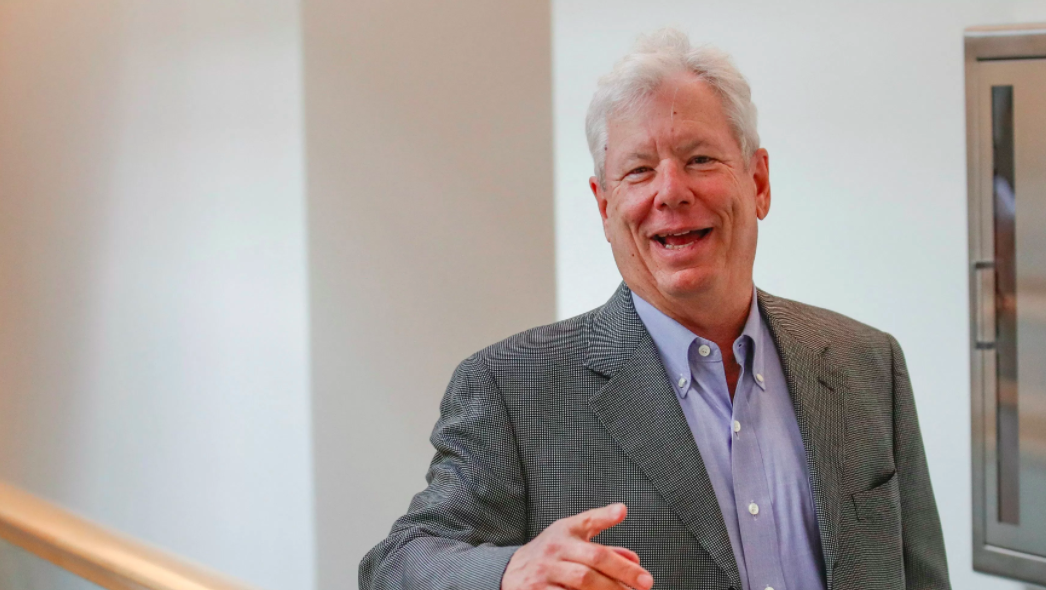Behavioral Economist Wins Nobel Prize

Thanks to the brave and brilliant contributions of one renegade, economic theory as we know it has been changed forever.
Richard Thaler, the world-renowned behavioral economist who has long challenged the standard economic model, was awarded the Nobel Memorial Prize earlier this month. His work, which Nobel Prize committee member Peter Gärdenfors simplified as “[making] economics more human,” has influenced our education system as well as government policy.
Thaler joins a small list of behavioral economists to win the award. Robert J. Shiller was among the winners in 2013, and Thaler’s longtime collaborator and friend, Daniel Kahneman, shared the award in 2002. Though they won before him, it is Thaler who is widely credited with bringing behavioral economic theories to the mainstream.
Thaler has dedicated his life to helping people understand how individuals make choices so that they can be led to make better ones. His best-selling book, Nudge, was the culmination of decades of behavioral science research, and was written to prevent people from making mistakes that can negatively affect their individual and collective well-being. That’s an inspiring mission, and one that resonates with all of us here at DiMassimo Goldstein.
We use behavioral change marketing to drive growth in brands and businesses that change lives for the better. We study the work of behavioral pioneers like Thaler to become experts at providing our clients with the strategies they need to drive profound behavioral change in the areas of healthy, wealthy and wise. Understanding human behavior is key to empowering brands to provide their consumers with a self-actualizing experience, — and that experience is what will ultimately inspire them to make better decisions and form more empowering habits.
This has been our mission for 21 years, and it’s never been more important than it is today.
We applaud people like Thaler for continuing to push the conversation forward, and for persuading more people to pay attention to human behavior. To read more about Thaler and his work, check out this article in The New York Times.
Congratulations on the honor, Richard, and keep up the good work!

